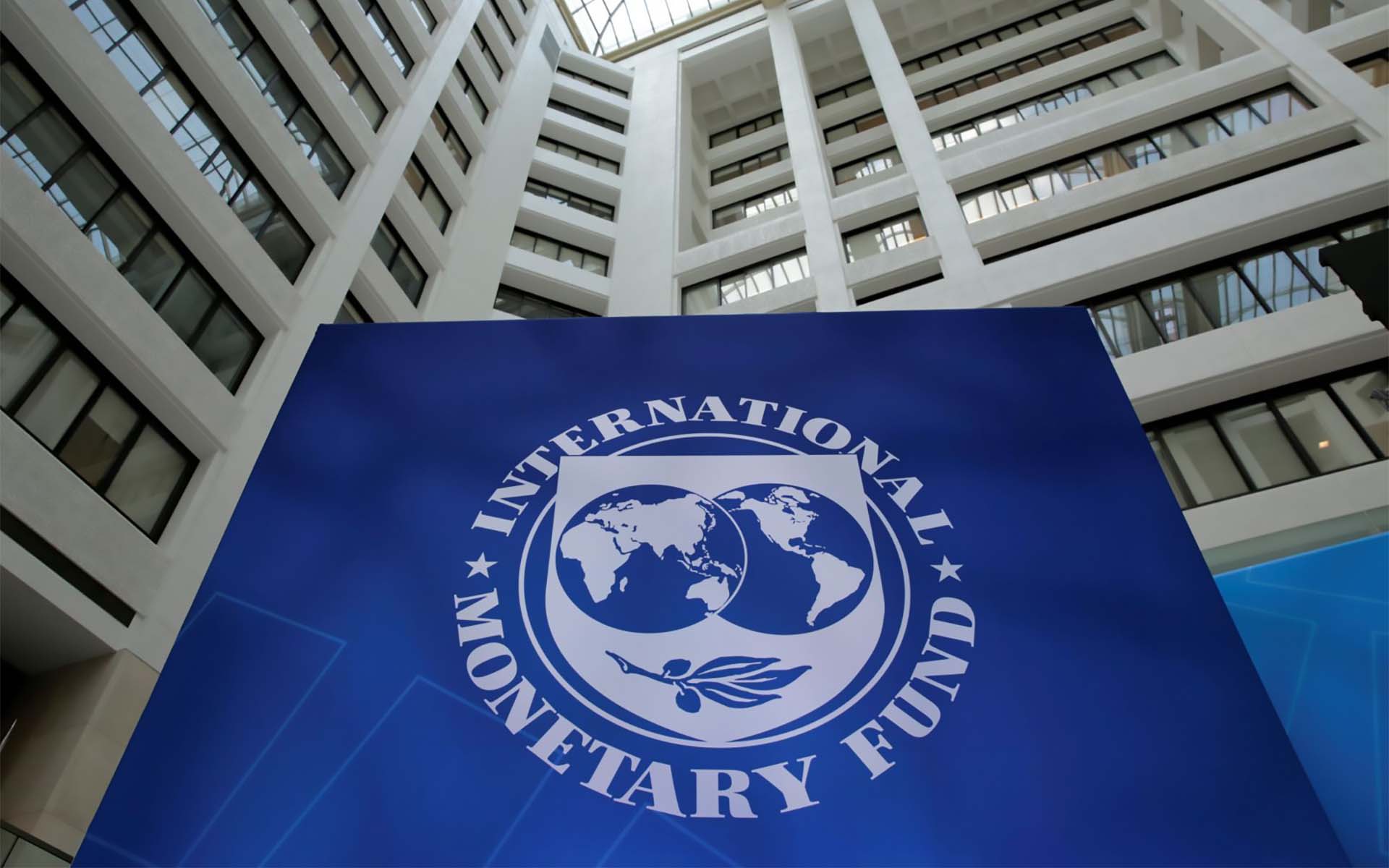
Even though loans from the International Monetary Fund may provide crucial financial assistance and aid in stabilizing an economy, it can sometimes come with significant responsibilities and challenges. A nation’s overall debt load increases in reaction to significant IMF assistance. This is why countries particularly African countries strive to keep their debt manageable.
Maintaining a low total IMF credit outstanding provides various benefits to African countries. It improves economic stability, sovereignty, and creditworthiness by lowering financial constraints and enhancing policy flexibility. These advantages help to promote sustainable development and higher living standards.
Nations with lower IMF debt levels possesses more economic autonomy. They are free to design and carry out their policies without being subject to severe external pressure or IMF conditionalities.
With less debt to service, governments can allocate more of their budgets to critical services and development initiatives rather than loan repayment and interest.
Furthermore, countries with lower financial obligations to the IMF can invest more in social safety nets and poverty-reduction programs. This can contribute to more inclusive and resilient societies, lowering inequality and increasing social cohesion.
Top 10 African countries with the lowest debt to the IMF
| Rank | Country | Total IMF Credit Outstanding as of 07/15/2024 |
|---|---|---|
|
1. |
Lesotho |
11,660,000 |
|
2. |
Comoros |
20,329,825 |
|
3. |
Sao Tome & Principe |
24,145,150 |
|
4. |
Djibouti |
31,800,000 |
|
5. |
Guinea-Bissau |
43,764,400 |
|
6. |
Eswatini |
49,062,500 |
|
7. |
Cabo Verde |
64,984,000 |
|
8. |
Equatorial Guinea |
74,096,417 |
|
9. |
Somalia |
79,500,000 |
|
10. |
Burundi |
101,600,000 |









